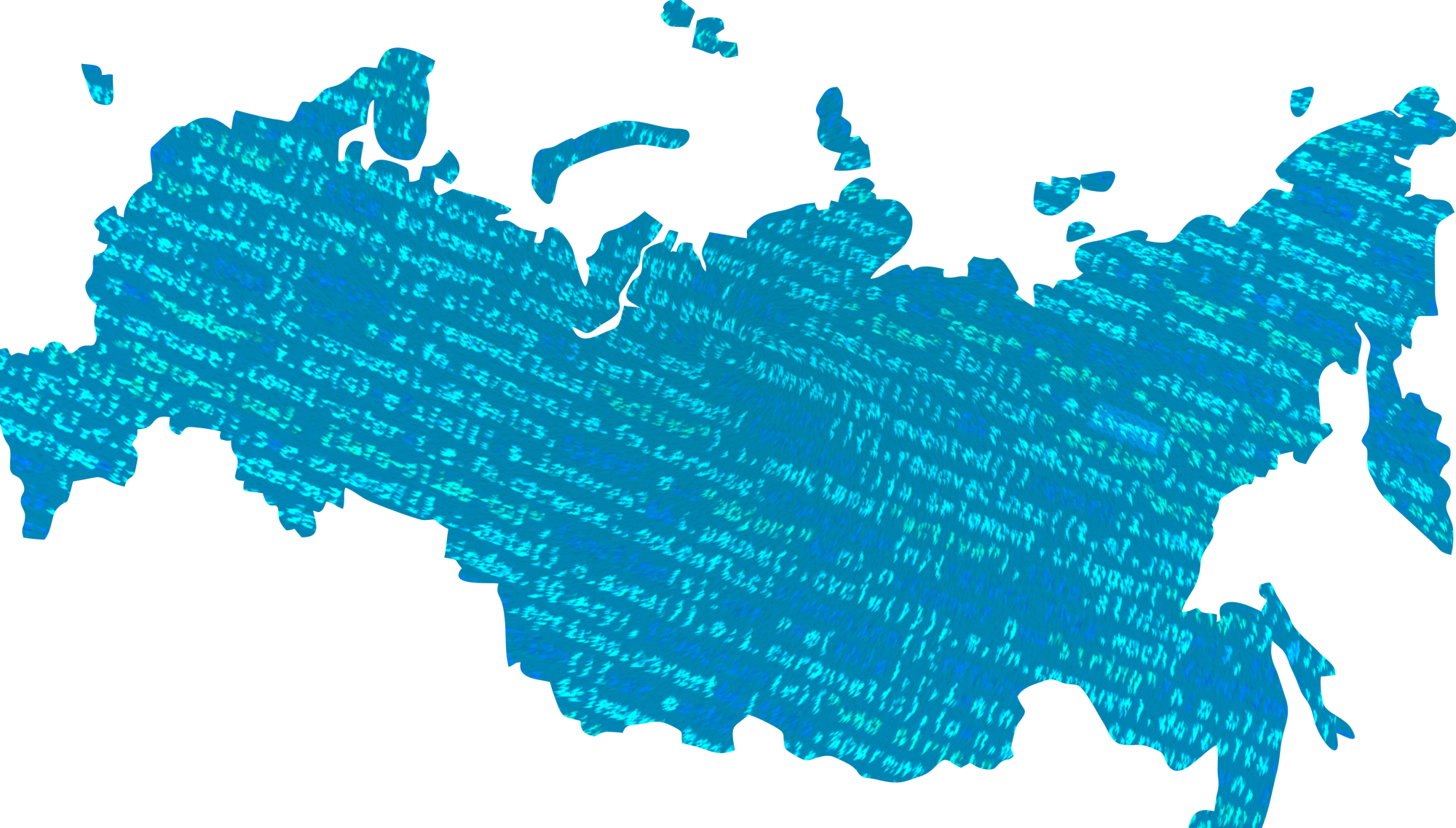Helsingin Sanomat Foundation has awarded a €130,000 grant to DRS co-founder Mariëlle Wijermars for the project ‘Sustainable Journalism for the Algorithmic Future’ (2020-2022).
The project, that in addition to Mariëlle involves Russian Media Lab researcher Olga Dovbysh, will be launched next January and run for three years (short summary below). If you are interested in getting involved or would like to know more, get in touch!
‘Sustainable Journalism for the Algorithmic Future’ (2020-2022)
The project investigates how data-driven media practices and the increased influence of IT industries on media business affect journalism and its role in the public sphere. Integrating new evidence from a hybrid media system (Russia) into a comparative study, it helps understand the context-specificity of this impact and will formulate a vision on making journalism societally, economically and ethically sustainable for the algorithmic future.

